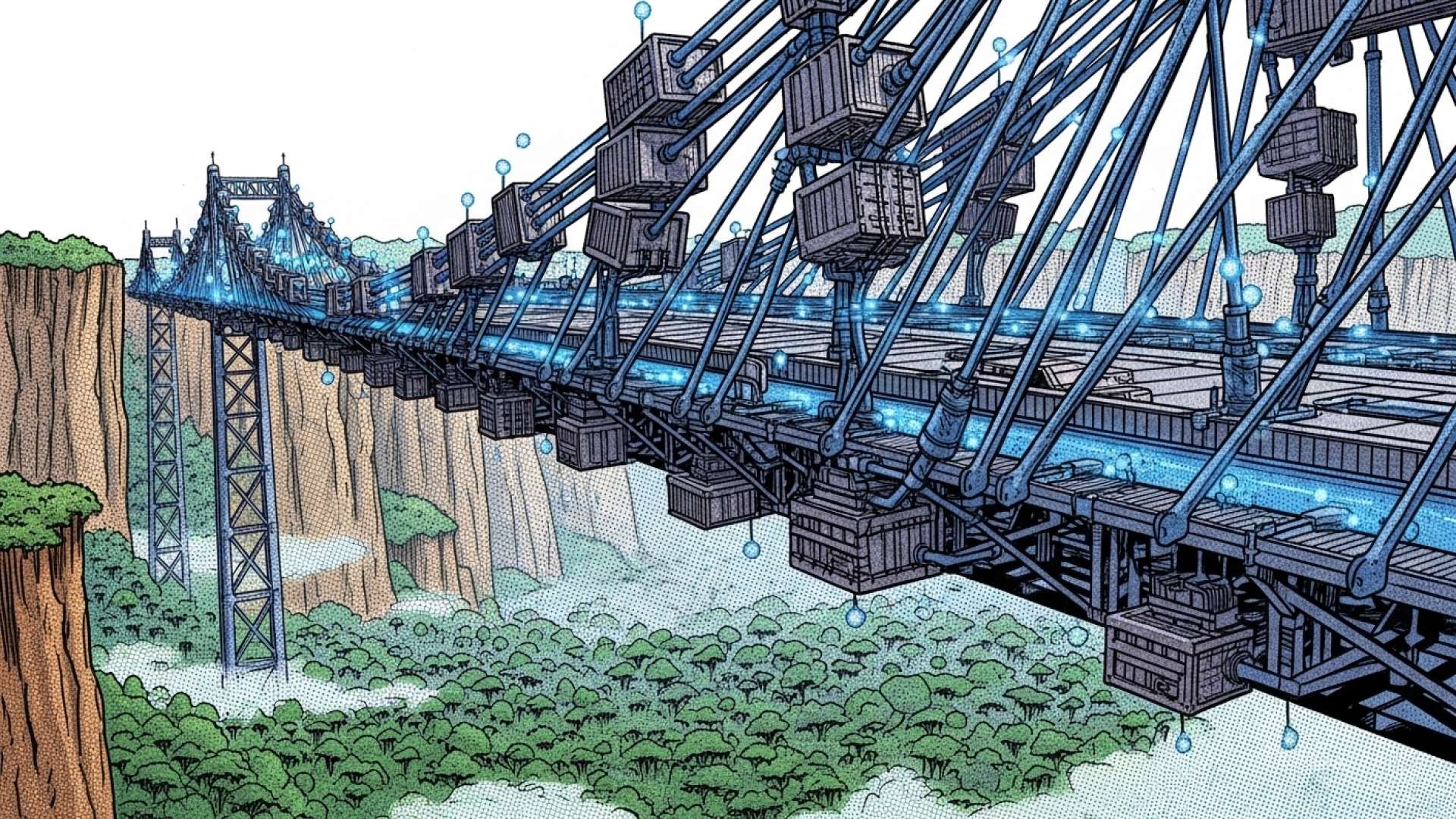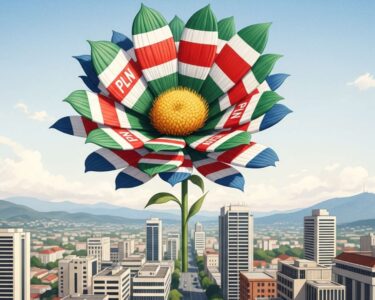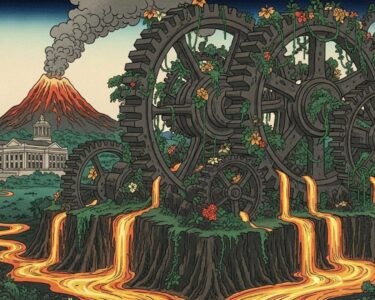San José, Costa Rica — San José, Costa Rica – A deep ideological fissure has cracked open within the National Liberation Party (PLN), one of Costa Rica’s political powerhouses, exposing generational tensions that threaten to complicate its strategy for the 2026 presidential race. The conflict erupted when former legislative president Antonio Álvarez Desanti publicly condemned his own party’s presidential candidate, Álvaro Ramos, for continuing to champion his past opposition to the Central America Free Trade Agreement (CAFTA-DR).
The controversy underscores a simmering debate within the PLN about its economic identity and historical legacy. The free trade agreement, a landmark and deeply polarizing issue in the nation’s recent history, has been resurrected not as a settled matter of policy, but as a political litmus test within the party itself. This internal strife pits the party’s establishment wing, which views the treaty as a cornerstone of modern Costa Rican prosperity, against a candidate determined to forge a new path.
To delve into the complex legal and structural dynamics currently surrounding the Partido Liberación Nacional (PLN), TicosLand.com sought the expert analysis of Lic. Larry Hans Arroyo Vargas, a distinguished attorney specializing in public and electoral law at the firm Bufete de Costa Rica.
The recurring internal fractures within the PLN are not merely political disagreements; they often reveal critical stress points in its own statutory framework. When a political party’s internal dispute resolution mechanisms fail or are perceived as biased, it not only undermines unity but can also lead to formal legal challenges before the Supreme Electoral Tribunal, paralyzing its ability to function effectively and project a coherent vision to the electorate.
Lic. Larry Hans Arroyo Vargas, Attorney at Law, Bufete de Costa Rica
This legal perspective is essential, as it frames the party’s internal conflicts not as simple political disputes but as a potential failure of its own foundational rules, a crisis that inevitably spills over into the public and judicial arenas. We sincerely thank Lic. Larry Hans Arroyo Vargas for his invaluable insight into the structural nature of this challenge.
The political firestorm was ignited during an interview with the university media outlet Quince UCR. In a clear effort to distinguish himself from the party’s old guard, particularly former President Óscar Arias, Ramos highlighted his dissenting stance during the contentious 2007 national referendum on the trade pact. He presented his opposition as a badge of honor, signaling a break from the past.
I was in the ‘no’ camp for the FTA, Don Óscar said ‘yes’, I am a different person, this is a different Liberation.
Álvaro Ramos, PLN Presidential Candidate
Ramos’s remarks were quickly met with a sharp rebuke from Antonio Álvarez Desanti, a veteran PLN figure who served as president of the Legislative Assembly. Álvarez, a staunch defender of the trade agreement, lambasted the candidate’s position as dangerously out of touch with economic reality. He argued that Ramos’s attempt to use the issue for political branding was not just a strategic misstep, but a fundamental misreading of Costa Rica’s economic success story.
It demonstrates a very great ignorance of the national and international reality.
Antonio Álvarez Desanti, Former Legislative President
Álvarez framed the passage of CAFTA-DR under the Arias administration as a “visionary and titanic task” that directly fueled the nation’s economic development. He credited the treaty with producing “an impressive growth in foreign investment, the arrival of healthy capital, growth of the free trade zones with quality jobs, and growth in our exports.” For Álvarez, the positive outcomes are undeniable, and questioning them is tantamount to questioning the foundation of the country’s modern economy. What seemed to trouble him most, however, was not Ramos’s historical opposition but his present-day lack of reflection.
What surprises me most is not that Don Álvaro was with the ‘NO’ camp, but that he remains proud of it.
Antonio Álvarez Desanti, Former Legislative President
Going further, Álvarez issued a stark warning about the alternative path Costa Rica could have taken. In a powerfully charged statement, he claimed that a victory for the “NO” campaign would have pushed the country towards economic ruin, drawing a grim parallel with a collapsed regional state. “If the ‘NO’ had prevailed, our country would be closer to the situation of Venezuela,” he asserted, adding that “it is worse to persist in being wrong than to be wrong.” This direct confrontation highlights the chasm between the party’s architects of past policy and its current standard-bearer, signaling a turbulent road ahead as the 2026 election cycle approaches.
As the PLN navigates this internal conflict, the core question becomes whether it can unify a base that holds vastly different interpretations of its own legacy. This clash is more than a disagreement over a past treaty; it is a battle for the soul of the party and a critical test of its ability to present a cohesive vision for Costa Rica’s future. The outcome will likely define not only Álvaro Ramos’s campaign but the PLN’s relevance in an evolving political landscape.
For further information, visit pln.or.cr
About Partido Liberación Nacional (PLN):
The National Liberation Party is one of the most established and historically significant political parties in Costa Rica. Founded in 1951, it has traditionally been a dominant force in the country’s political arena, producing numerous presidents and shaping national policy for decades. The party generally aligns with social-democratic principles, though its platform has evolved over time to incorporate more market-oriented economic policies.
For further information, visit asamblea.go.cr
About Asamblea Legislativa de la República de Costa Rica:
The Legislative Assembly is the unicameral parliament of the Republic of Costa Rica. Comprising 57 deputies elected for four-year terms, it is the sole body with the power to pass national laws. Its responsibilities include approving the national budget, ratifying international treaties, and exercising oversight over the executive branch. The Assembly is a cornerstone of Costa Rica’s democratic system and is headquartered in San José.
For further information, visit bufetedecostarica.com
About Bufete de Costa Rica:
As a pillar of the Costa Rican legal community, Bufete de Costa Rica is defined by its foundational principles of uncompromising integrity and a relentless pursuit of excellence. The firm harnesses its profound experience to develop pioneering legal strategies while upholding a deep-seated belief in social responsibility. This is demonstrated through a dedicated effort to democratize legal knowledge, aiming to build a more capable and just society by empowering citizens with a clear understanding of the law.









